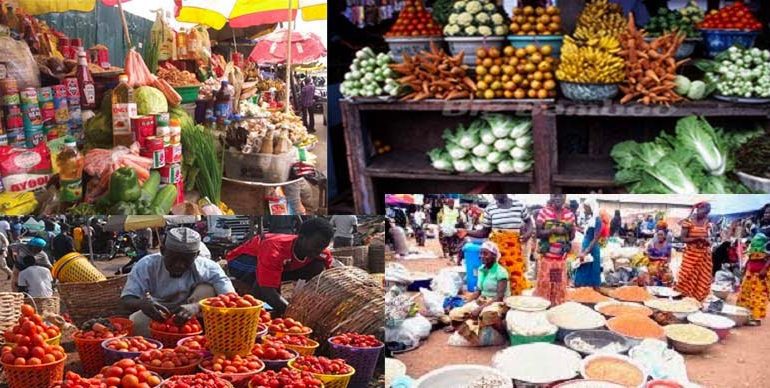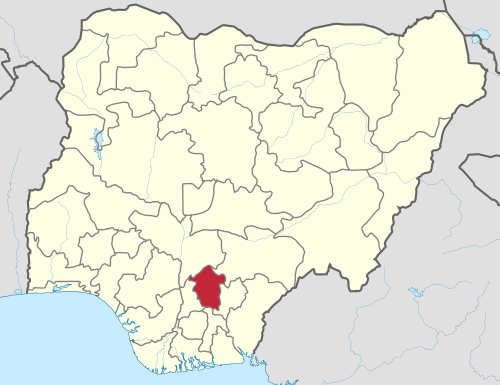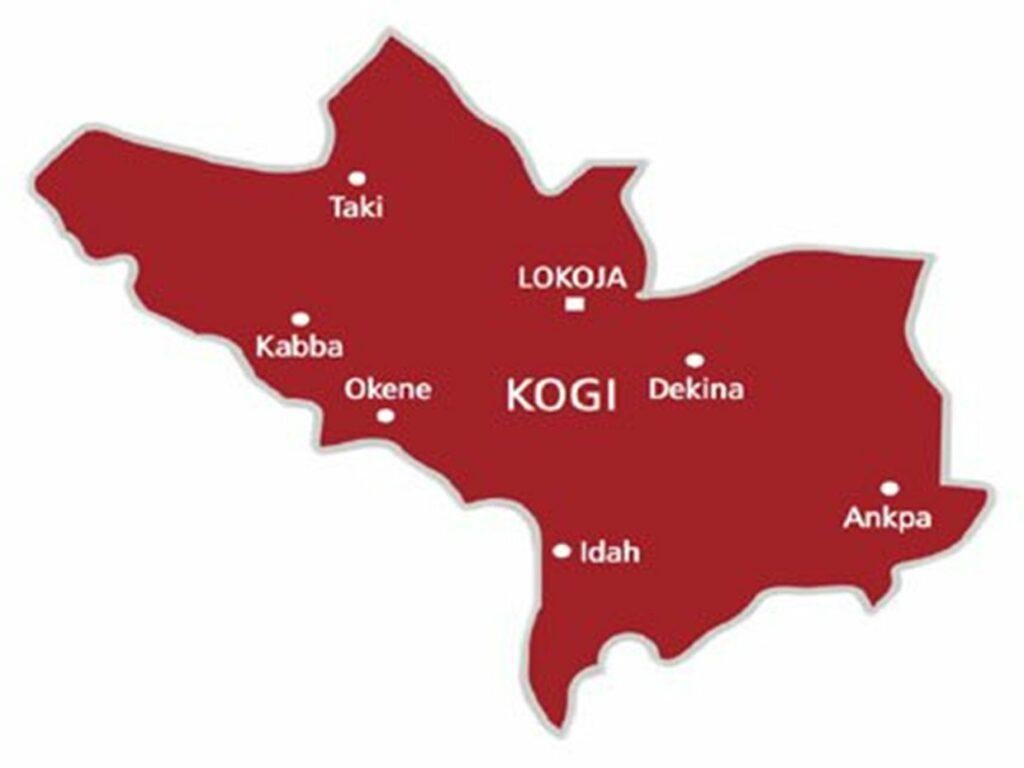OBSERVATION: Inevitability Of Food Crisis


- BY ADEMOLA YAYA
YES, there is a global food crisis affecting millions of people around the world. There is a report that states that between 691 and 783 million people faced acute food insecurity in 2022 wherein European Union had to allocate One Billion Euro for humanitarian food assistance and nutrition around the world. But food crisis doesn’t just happen; there are factors responsible for it – conflict/insecurity, economic shocks and weather extremes among others.
In Nigeria, for instance, for about one and a half decades till now, there have been consistent insecurity challenges that have pervaded the land and almost overwhelmed the security agencies, especially in the North Eastern Region at the beginning. Before the advent and proliferation of kidnapping for ransom which has become a daily routine, several but regular attacks have been waged on farmers by herdsmen, resulting into destruction of farm produce, killings and raping farmers’ wives and daughters, forcing many to abandon farmland for other engagements.
YyUp till date, no one has been arrested and prosecuted for this heinous crime. All we read on the pages of newspapers is, ‘Gunmen Attack Villages, killing 40 people’ and nothing happens thereafter! Who are these ‘gunmen’? Are they ghosts or their guns are more superior to those of our security agencies?
Results of survey conducted in 2019 show that agricultural activities were more widespread in the Northern than Southern Nigeria. Eighty-three-point-six (83.6%) of households living in the North East declared to practice crop farming and 68.6% of households in same region owned or raised livestock. As at September 2023, over 38,000 deaths have been recorded aside several maiming and kidnappings by Boko Haram in Borno, Adamawa and Yobe States alone; and these are major crop producing states.
In April 2022, armed herdsmen attacked several villages in Benue, killed 25 people and injured several others. In April 2023, at least 74 people were allegedly killed by gunmen in a clash between herdsmen and farmers. At the funeral of these 74 persons, gunmen reportedly invaded the venue and started shooting sporadically. The Security Adviser to the Governor, Paul Hemba, said 46 bodies were recovered after the attack.
On 11 February, 2024, there were reports that residents of over 200 villages in all the three senatorial districts of the state have been under siege and attack with over 500 lives lost to heavily armed herdsmen. Many villages in Otukpo, Apa and Agatu Local Governments Areas have been burnt down with many residents missing. Although, Benue State, which is the ‘food basket of Nigeria’ due to its fertile land and hardworking farmers who are committed to their work as more than 70% of the working population engage in farming is located East-Central Nigeria, it is bounded on south by Cross River, Eboyin and Enugu states, on the West by Kogi, on the North by Nasarawa and on North East by Taraba state.
For some time now, this unfortunate crime has begun rearing its ugly head in the South-West. In Ago-Owu Farm Settlement in Osun State, herdsmen have reportedly been invading crops farms to feed their cows, destroying farmers’ crops and shooting at farmers in their allotted farmland. Although the farmers in the settlement have protested and written a petition to the State Government, concerted efforts from the State and perhaps Federal Government are required to nip it in the bud before it escalates to a full-blown crisis. With their despicable activities with impunity, Miyetti Allah Cattle Breeders Association of Nigeria has recently formed an armed outfit but this is a topic for another time. Under this circumstance, farming activities are immeasurably obstructed and the consequent is food crisis we are confronted with; using more money to buy fewer food items.
In addition to these disruption and destruction of farming productions and activities, actions and policies of government are not helping the matter. For instance, government foreign exchange policy has raised the cost of farming equipment and seedlings beyond the reach of an average man/woman. Just two examples will suffice: the cost of 75HP Farm Tractor has risen from N14m to N32m; fertilizer from N9,000 per 50kg bag to N25,000. And farming cannot be done with commercial banks loans with killing interest rates while agric loan and grants are very difficult to access by real farmers as government officials in charge would have distributed it among themselves and to unqualified people.
More worrisome is the removal of fuel subsidy which has sparked off cost of living. While the government makes more money from the sweat and blood of the people for the politicians to frolic with and steal under the guise of fuel subsidy removal, majority of the people are subjected to hunger and starvation. Notwithstanding their extreme difficulty to breathe, spiced with ‘renewed hope’ mantra, the poor are rich in patience but they cannot be over stretched. Once they say ‘No’ in unison and move to the streets, the society may come to a halt and there can’t be a vacuum. There have been some mild protests against food crisis in Niger, Lagos, Osun and Delta states.
Government must take immediate measures to tackle hunger and starvation in the land as a hungry man is an angry man. The blame game by those in corridor of power and their praise singers can no longer fly as people have heard it over and over again when APC first wrestled power from PDP in 2015. Government’s World Bank and IMF anti-poor policies of fuel subsidy removal and floating of Naira have only yielded prohibitive cost of living, making life more miserable for everybody except very few who are in government at all levels and their cronies. The solution to the food crisis and prohibitive cost of living does not recline with emptying national food reserve just as the so-called palliative rice distributed to the states didn’t make any impact.
What is required is immediate revert to the pre-May 29, 2023 price of N195 per litre of fuel, fixing all our local refineries for optimal delivery, taking conscious policy drive to hugely invest on mechanised farming that could engage mass unemployed youth as harsh economy has pushed more youth into various crimes and a renewed battle against insecurity, publishing the names of those behind it and prosecuting them accordingly. Time is of essence. Any attempt to add salt to injury by increasing electricity tariff (under the guise of removing electricity subsidy) at this time when nationwide darkness is the reality rather than regular, stable power supply, will amount to pouring petrol onto small bush fire! The earlier the regime harkens to the voice of wisdom, the better for everybody. A stitch in time saves nine.
The opinions expressed in this publication are those of the author. They do not represent the opinions or views of OSUN DEFENDER.










